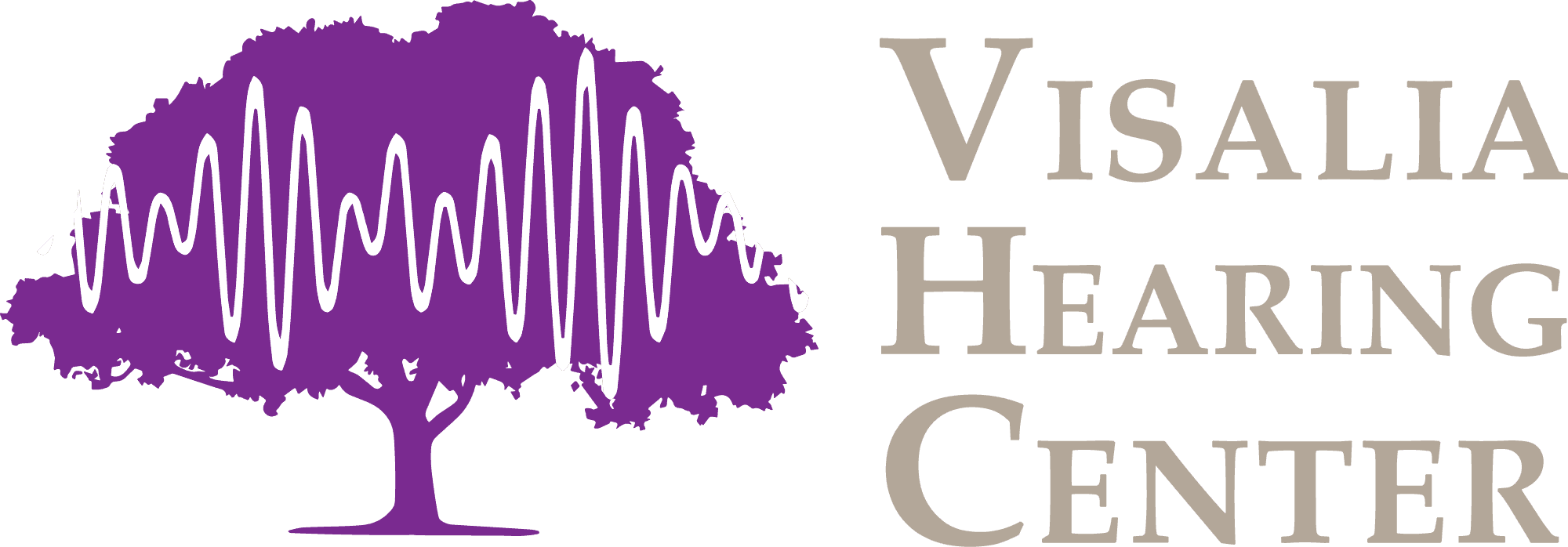Some Facts About Tinnitus
Tinnitus is the perception of sounds that are not really present in your surrounding environment; it is often called a “phantom” sound.
It is unique for each individual. Although it is common for tinnitus to be described as “ringing in the ears,” descriptions like whirring, clicking, chirping, or buzzing are also used to describe symptoms.
Tinnitus is not a disease but a symptom of something else; there are countless causes of tinnitus, with the #1 cause being a damaged auditory system.
Unfortunately, the root causes in most tinnitus cases are not curable conditions. If the root cause can’t be cured, then neither can the tinnitus that results from it.
Many researchers compare tinnitus to the neurological disorder known as “phantom limb” experienced by amputees, suggesting the sounds you hear are overcompensation for their absence when you experience a hearing loss. However, this does not explain the tinnitus symptoms that occur in individuals without a hearing loss.
Tinnitus can occur in one ear or both ears, be continuous, episodic, or pulsating in nature, and be subjective or objective. In subjective cases, the sound is only heard by the person with the condition, but if someone is experiencing objective tinnitus, someone else can hear it by using a stethoscope.
Pulsatile, objective tinnitus is often associated with circulation issues in and around the ears and can often be treated with surgical or other medical interventions.
Conditions That Often Coincide With Tinnitus:
Hearing loss
Exposure to loud noise
Head and neck injuries (whiplash, concussions, etc.)
Ototoxic drugs
Meniere’s disease
Acoustic neuroma
Hyper/hypothyroidism
Abnormal growth of bones in the ear
Stress
Depression
High blood pressure
Impacted earwax
If you are experiencing these issues along with your tinnitus symptoms, then you will need professional assistance to address your condition.
How Bad Is Your Tinnitus?
To determine the severity of your tinnitus, answer these questions:
Does your tinnitus frustrate you in a quiet room?
Does your tinnitus keep you awake at night?
Is it hard to concentrate because your tinnitus gets in the way?
Answering yes to one or more of these questions should motivate you to seek help from a licensed audiologist.
How do I know if I have tinnitus?
There is no objective way to confirm or disprove > 99% of tinnitus cases— that is why it is the #1 approved disability claim for the VA administration. If you say you’re hearing a sound and no one else can hear it, then you have tinnitus.
Why does my tinnitus seem to get worse at night?
Can stress make tinnitus worse?
What should I expect during a tinnitus evaluation?
Can tinnitus be cured?












